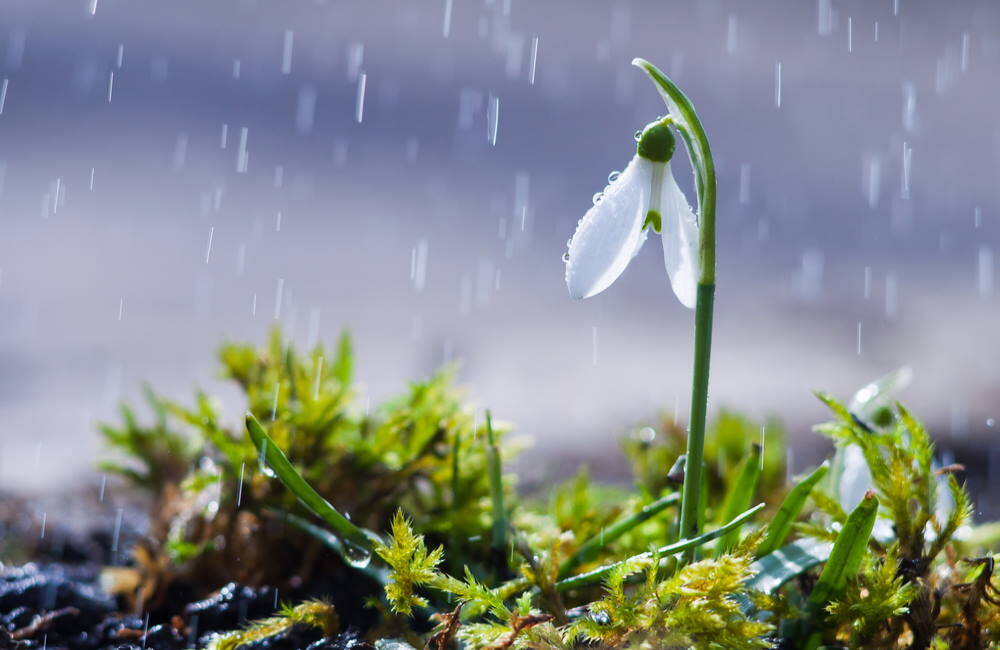Natalie’s Story: When it rains, it pours.

Natalie already had her hands full raising five children, the youngest of them a daughter with autism, when her aging father began to decline. At first the support he needed was basic – cooking meals, helping with household chores – but his condition continued to deteriorate physically and cognitively. At the same time, her daughter Elineke’s condition was complicated by more challenges including dyslexia, hearing problems, and bipolar disorder.
As her father and daughter struggled, Natalie’s own well-being languished. “With an autistic child you are physically taxed to the max,” she explains. “You can’t be asleep when they’re awake, and you can’t hand your child over to another person.” After hours of dealing with her daughter throughout the night, Natalie would break down crying by 7:30 in the morning, with a full day of caring for her father ahead of her. “When it got to be impossible, I had to keep on going. I didn’t have any choice.”
Connecting with Hope Grows
Natalie discovered Hope Grows when the Take a Break in the Dirt caregiver respite program was presented at Elineke’s school. “I thought it would be good for her because she likes hands-on activities and can’t focus on one thing for too long. She looked forward to it, had her own garden gloves too!” Natalie attended other caregiver support programs at Hope Grows, saying the 6-week Powerful Tools for Caregivers program was so impactful it inspired her to be trained so that she could conduct the program for others. “It gave me the chance to step out and do something on my own, to be Natalie again and not just a caregiver.”
Significance of Caregiver Respite
Caregivers often believe they can’t fit one more thing into their day, yet Natalie stresses the urgency of caregiver respite and spending time on yourself. “It’s too costly to lose yourself, and it takes more than one person to get through it. When you participate in Hope Grows’ caregiver support programs you find a rich resource of support. It became a force of healing for me.”
When Natalie’s father passed away early this year, she was surprised by the peace she felt. “I wasn’t overwhelmed by grief because I had been grieving along the way,” she says. “When he couldn’t use his cane anymore and needed to use a walker, I grieved. When he couldn’t use the walker anymore and needed to be in a wheelchair, I grieved. Every stage of his decline was another death to me.”
Reflection of Life During Caregiving
Natalie reflects on the demanding years spent caring for her daughter and father and finds unexpected treasures. In his better days, her father would sit on the front porch waiting to greet Elineke as she came home from school. When he read the newspaper, he shared “the funnies” with her. “In the mornings Elineke wanted her breakfast first but I always told her, ‘No, we have to think of Pop Pop first.’ Putting others first is something children with autism don’t usually do. She wouldn’t have learned that lesson if I wasn’t caring for my father at the same time I was caring for her.”
It’s true. When it rains, it does pour, but without the storm flowers can’t bloom.
Donate To The Iris Respite House
